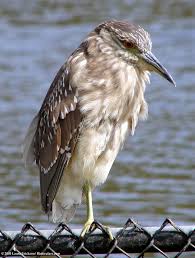 One big difference seems to be that white chocolate doesn’t exist. We were shocked to consult five dictionaries and find that none of them has a listing for “white chocolate”. And the Food and Drug Administration, which regulates all the ingredients, properties, and definitions of chocolate, also does not recognize the existence of white chocolate.
One big difference seems to be that white chocolate doesn’t exist. We were shocked to consult five dictionaries and find that none of them has a listing for “white chocolate”. And the Food and Drug Administration, which regulates all the ingredients, properties, and definitions of chocolate, also does not recognize the existence of white chocolate.Therefore, we may conclude that white chocolate is not a form of chocolate at all. Charlotte H. Connelly, manager of consumer affairs for Whitman’s Chocolates wrote that there is no legal definition of white chocolate, manufacturers are”not restricted to the type or the amount of ingredients that are incorporated in the ‘white chocolate’ recipe.”
In practice, however, there is only one difference between white and brown chocolate-brown chocolate contain cocoa powder. Richard T. O’Connell, president of the Chocolate Manufacturers Association of the United States of America, explains:
The cocoa bean from whence chocolate comes is ground into a substance called chocolate liquor(nonalcoholic) and when placed under hydraulic pressure, it splits into two parts, one of cocoa butter and the other cocoa powder and the other cocoa powder. In normal “brown” chocolate, the chocolate liquor is usually mixed with additional cocoa butter to get that “melt-in-your-mouth” flavor. In “white” chocolate (which is not a chocolate), cocoa butter is usually mixed with sugar. Cocoa butter is light tan in color and, therefore, the term “white” is given to it.
Vivian Delduca of Berkeley Heights, New Jersey.

